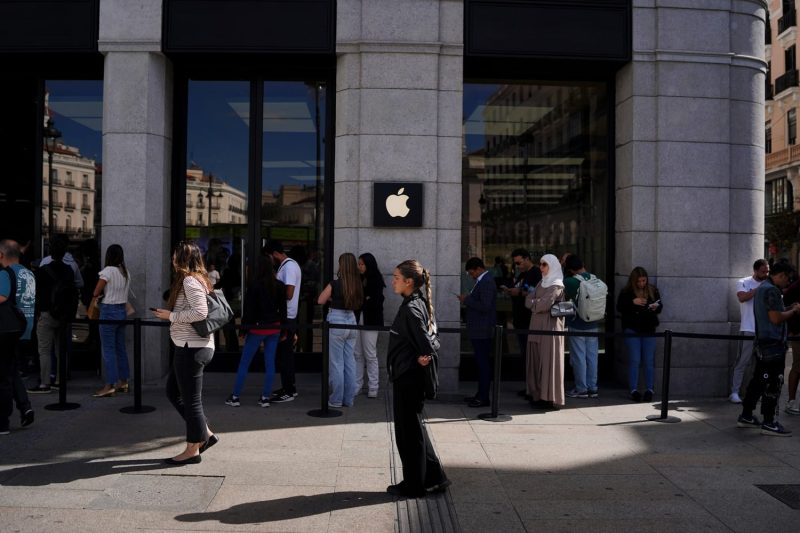In a recent development, the European Union regulators have accused tech giant Apple of breaching the bloc’s digital rules. This accusation marks a significant step in the ongoing tension between tech companies and regulatory bodies regarding antitrust practices and market dominance.
At the heart of the issue is Apple’s App Store, a platform that serves as a gateway for millions of mobile applications on iOS devices. The European Commission’s preliminary findings suggest that Apple has been stifling competition by imposing unfair terms on app developers and limiting their ability to inform users about cheaper alternatives available outside the App Store.
This accusation aligns with the growing global scrutiny facing big tech firms, particularly regarding their market power and control over digital ecosystems. The European Union has been at the forefront of attempts to rein in tech giants’ anti-competitive practices. This latest move against Apple underscores the regulator’s commitment to fostering a fair and competitive digital marketplace within the bloc.
Apple’s response to these allegations will shape the future trajectory of its relationship with European regulators and potentially influence the broader tech industry. The tech giant has consistently defended its App Store policies, arguing that they are essential for ensuring a safe and secure user experience while providing a platform for developers to reach a global audience.
However, critics contend that Apple’s strict control over the App Store limits innovation and choice, ultimately harming both developers and consumers. The European Commission’s investigation aims to address these concerns and hold Apple accountable for any breaches of the bloc’s digital rules.
As the regulatory landscape evolves, tech companies will face increasing pressure to comply with antitrust regulations and promote fair competition. The outcome of the European Union’s probe into Apple’s App Store practices will serve as a crucial test case for how tech giants navigate regulatory challenges in an increasingly digital world.
Ultimately, the resolution of these allegations will shape the future of competition and innovation in the European tech sector. As regulators seek to balance consumer protection with market dynamics, the case against Apple is likely to set a precedent for how digital platforms operate within the boundaries of EU rules and regulations.
